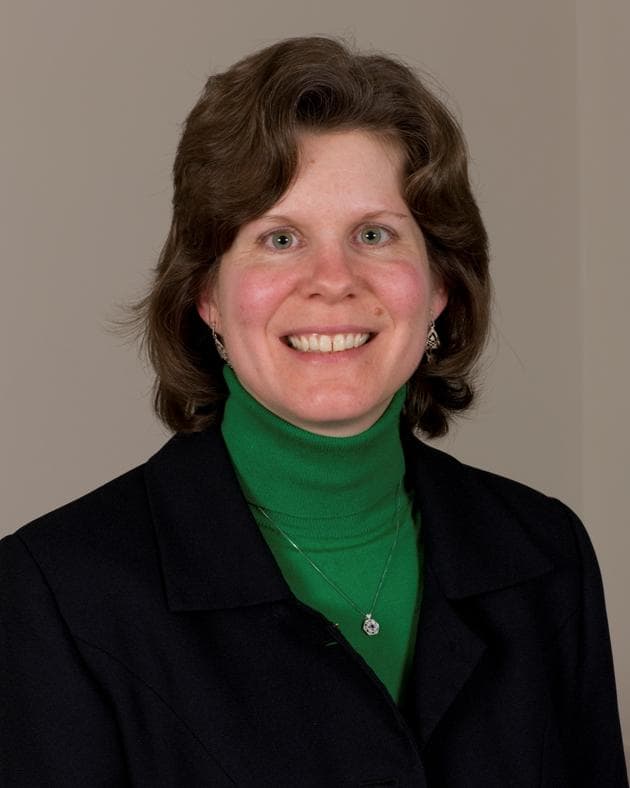Advertisement
Elizabeth Browne: Mass. Law Leaves Many Still Uninsured, Needing Care
One of a series of analyses on the 10th anniversary of the 2006 Massachusetts health care overhaul. Elizabeth Browne is executive director of Charles River Community Health, a nonprofit health center that provides care to people in Allston-Brighton, Waltham and area communities.
At Charles River Community Health, we fully embraced state health care reform in 2006 and federal reform in 2010 because we had some of the highest rates of uninsured in the state. Although health centers do not receive state funding for their outreach and enrollment work, our staff was trained in the new insurance options and our outreach efforts ultimately enrolled tens of thousands of community residents in new health coverage.

The law has had many positive impacts. Since 2006, the health center has seen a 55 percent increase in insured patients and a 170 percent increase in patients covered by Medicaid. The 2006 law expanded Medicaid coverage for children, provided fully subsidized coverage for low-income adults not eligible for Medicaid, and partially subsidized plans for the working poor through the state’s Health Connector.
Four years later, the Affordable Care Act further expanded Medicaid to a broader range of low-income residents. For example, you previously could not qualify for Medicaid if you were an adult with no children even if you were poor enough to meet income requirements. Having more people insured has also had the significant benefit of connecting them with care, saving the health care system thousands of dollars, and allowing patients to lead healthier lives. A newly insured Charles River patient might have a cancer screening, for example, that detects cancer at an earlier stage, meaning less treatment and a better health outcome.
The law also has its limitations. For some people, even subsidized plans remain unaffordable. This causes them to pay the state penalty or fall behind on premium payments, leaving them without coverage. And in spite of the law's success in increasing employer-sponsored coverage, some residents struggle to afford their share of increasing premiums and deductibles.
Although we have made great progress, Massachusetts health reform has not yet delivered on its promise of affordable, accessible care for all. This is largely because the health care system has not yet evolved enough to shift care and funding to primary care settings like community health centers. We also face a significant primary care provider shortage. The state must continue to invest in the primary care workforce and other reforms to control costs to make both affordable coverage and access to high quality primary care available to all residents.
Health Law Turns 10: What Analysts Say:
- Dr. JudyAnn Bigby, former state health and human services secretary
- Elizabeth Browne, director, Charles River Community Health
- Dr. Alice Coombs, former president, Massachusetts Medical Society
- Andrew Dreyfus, CEO, Blue Cross Blue Shield of Massachusetts
- Jonathan Gruber, economist, Massachusetts Institute of Technology
- Jon Hurst, president, Retailers Association of Massachusetts
- Amy Lischko, former Romney administration director of health care policy
- Rick Lord, president/CEO, Associated Industries of Massachusetts
- Lynn Nicholas, president/CEO, Massachusetts Hospital Association
- John McDonough, former director, Health Care for All
- Rep. Jeffrey Sánchez, House chair of the Joint Committee On Health Care Financing
- Nancy Turnbull, associate dean, Harvard T.H. Chan School of Public Health
- Josh Archambault, senior fellow, Pioneer Institute
More: